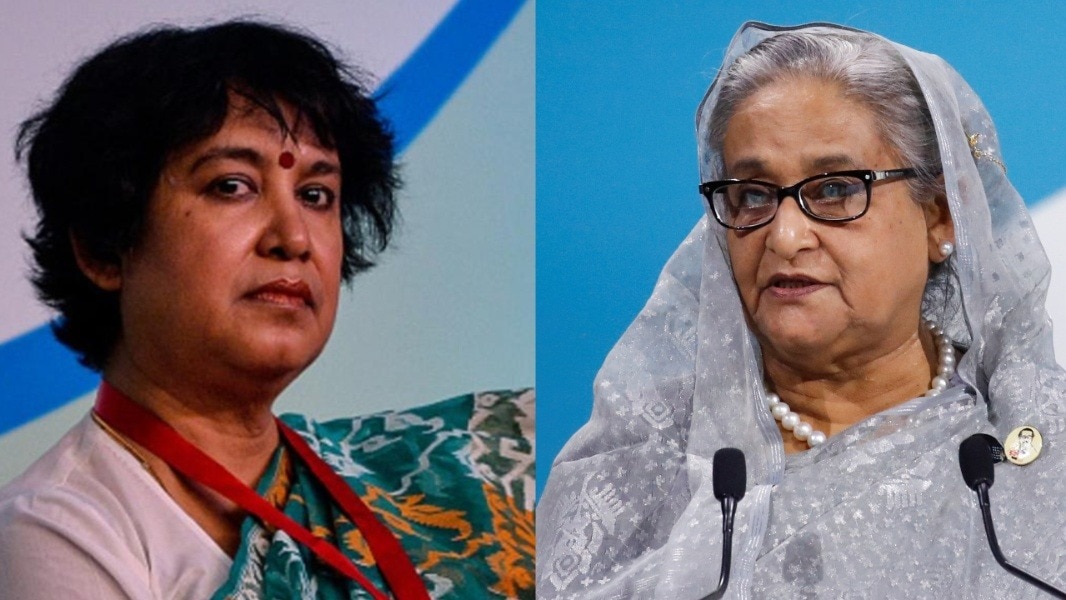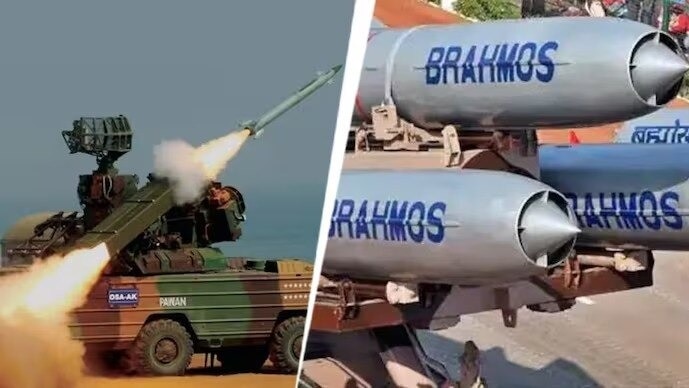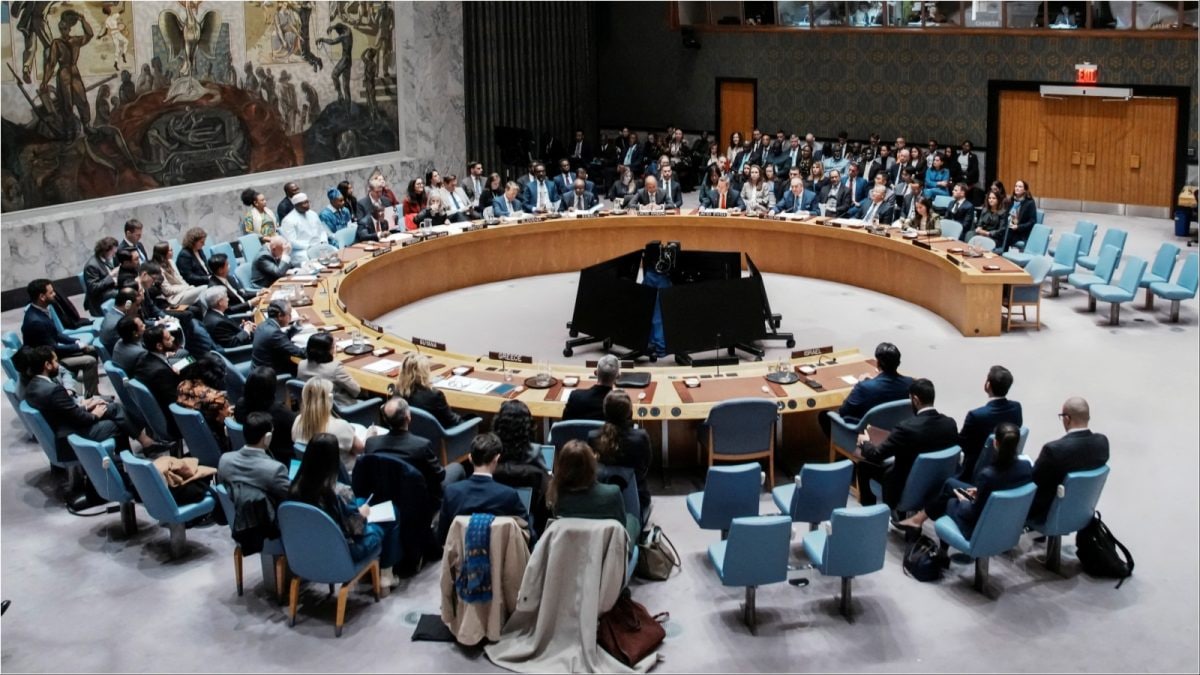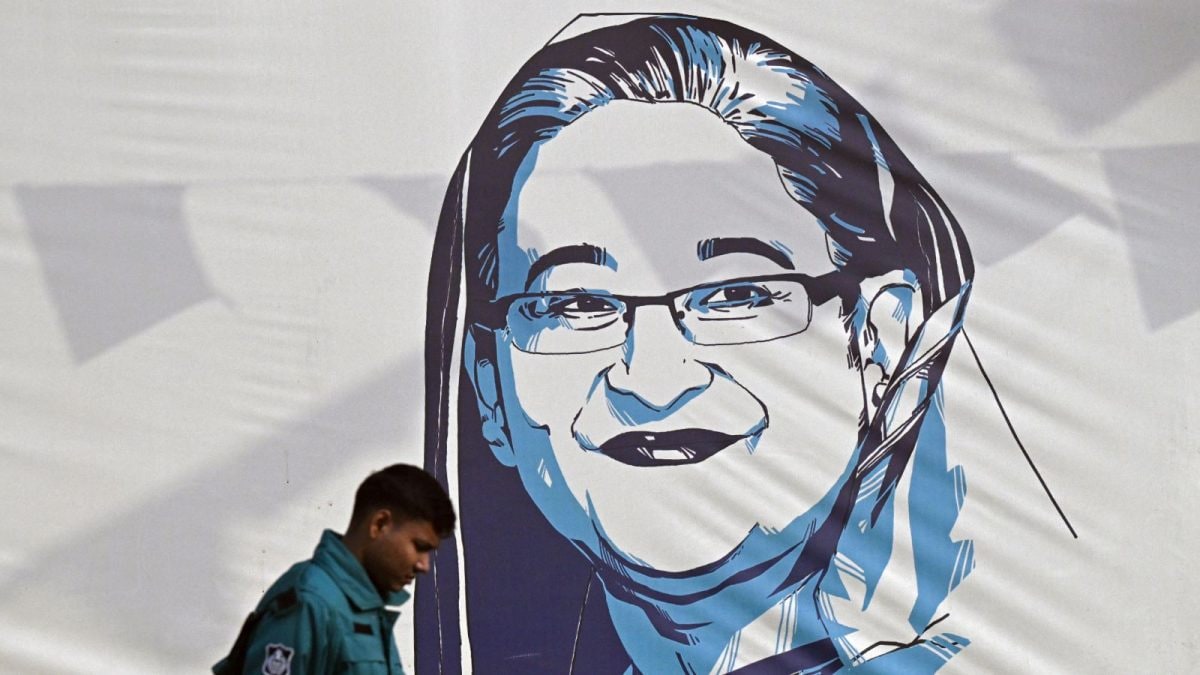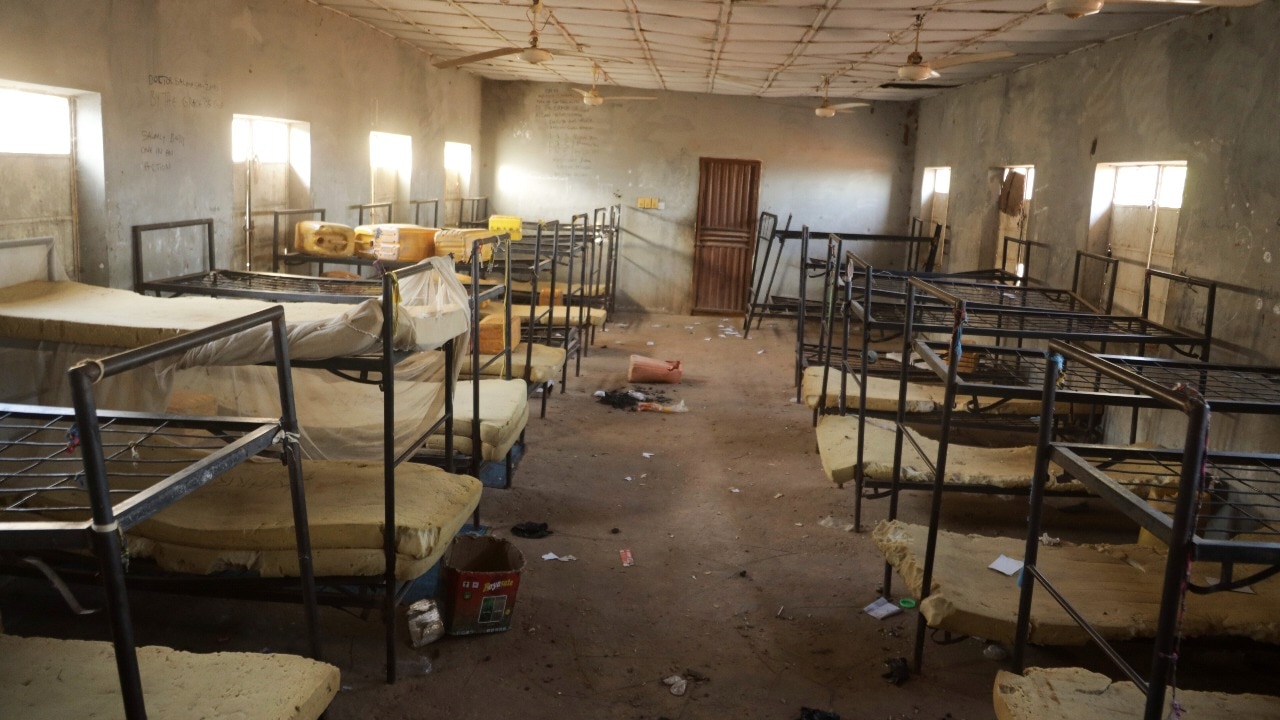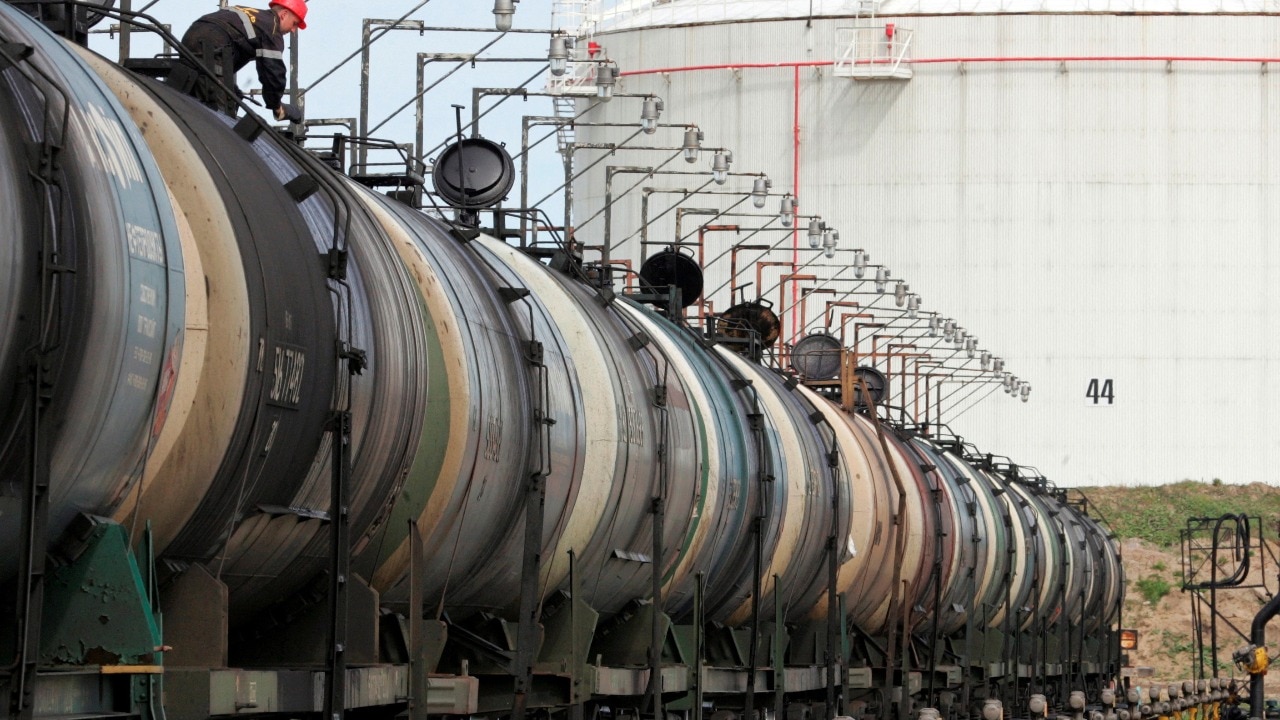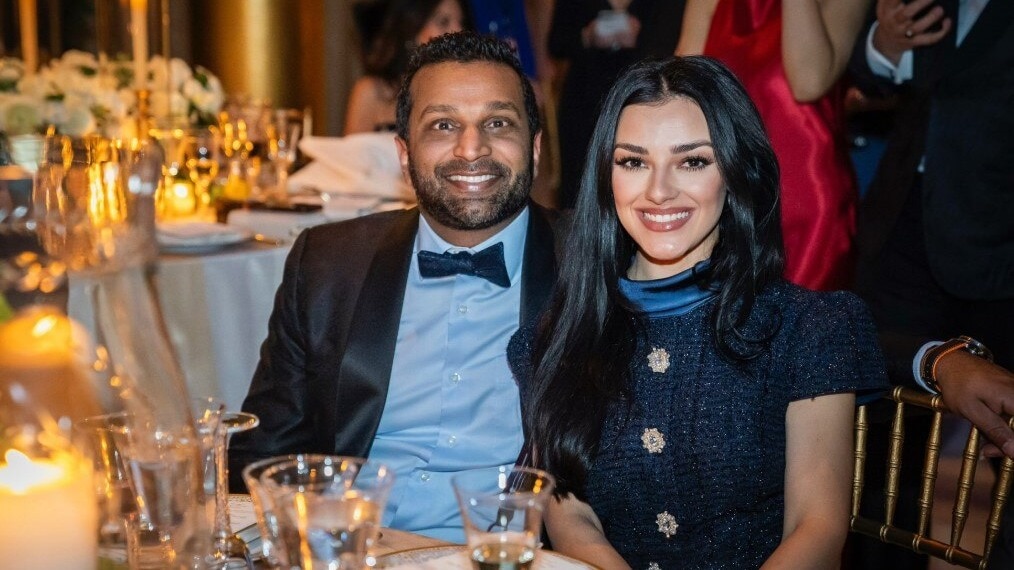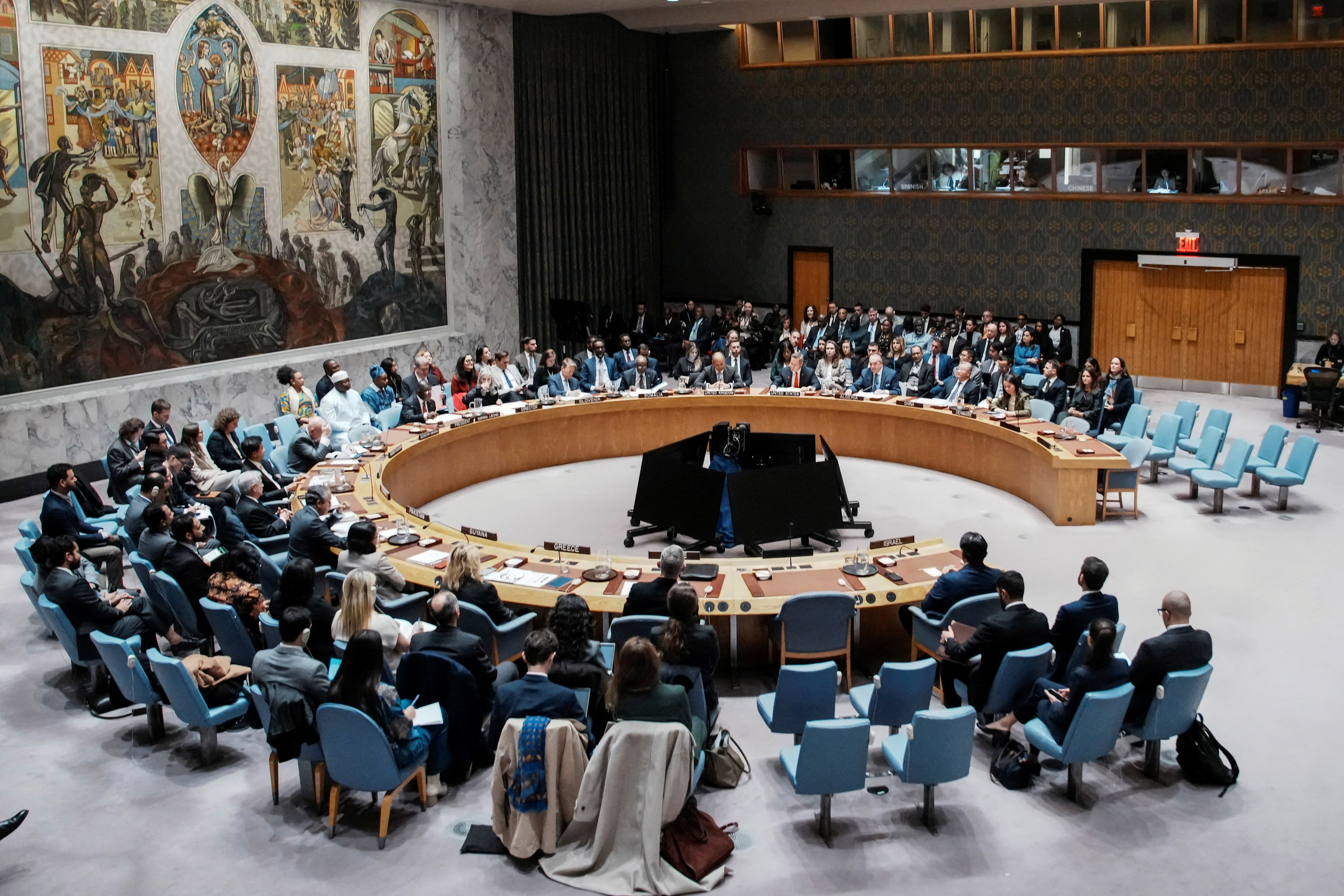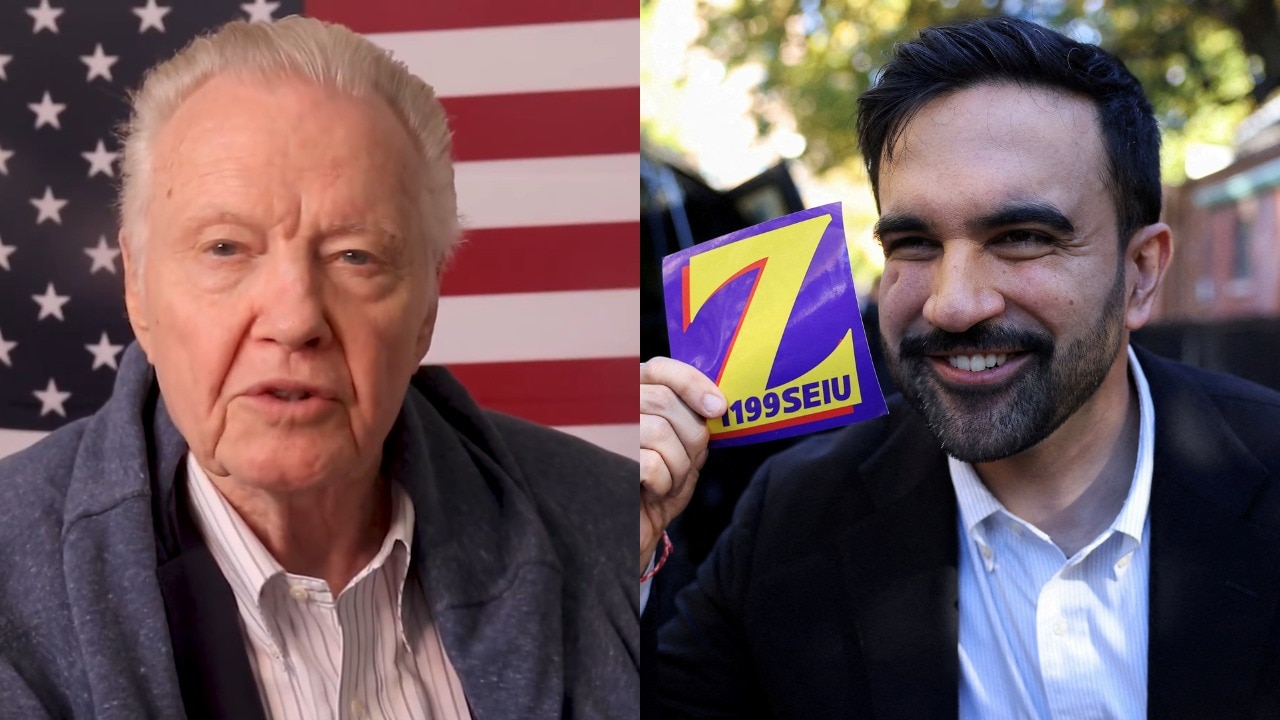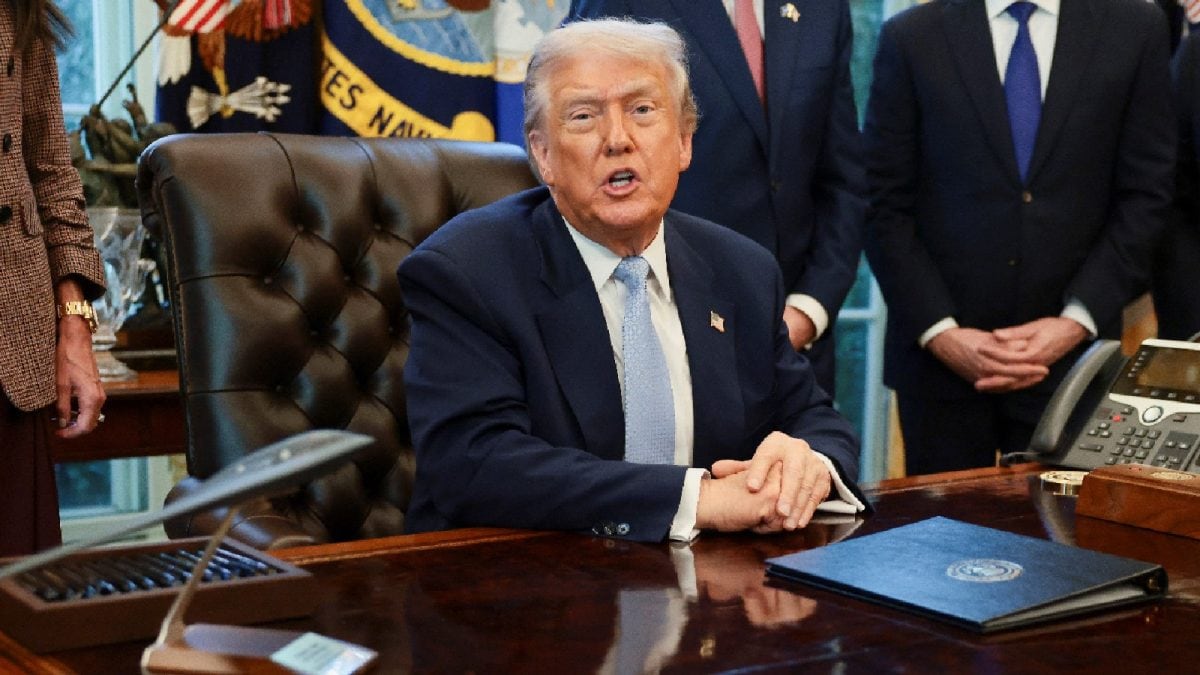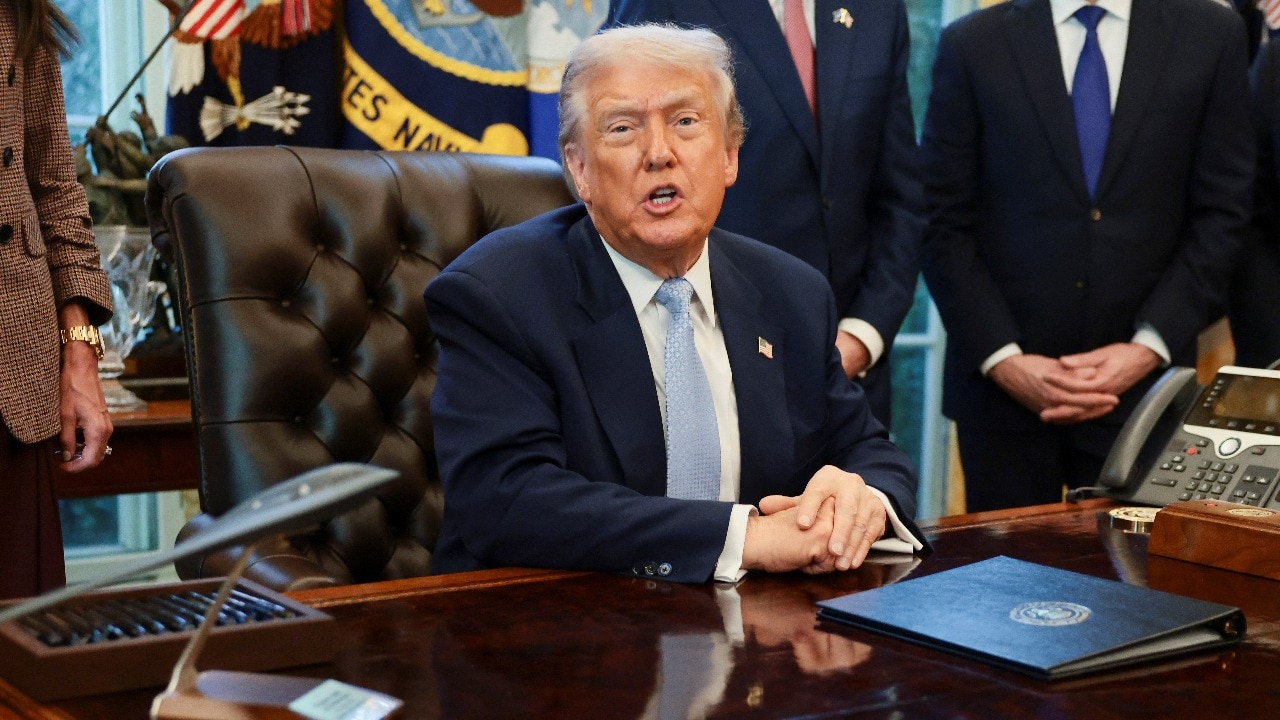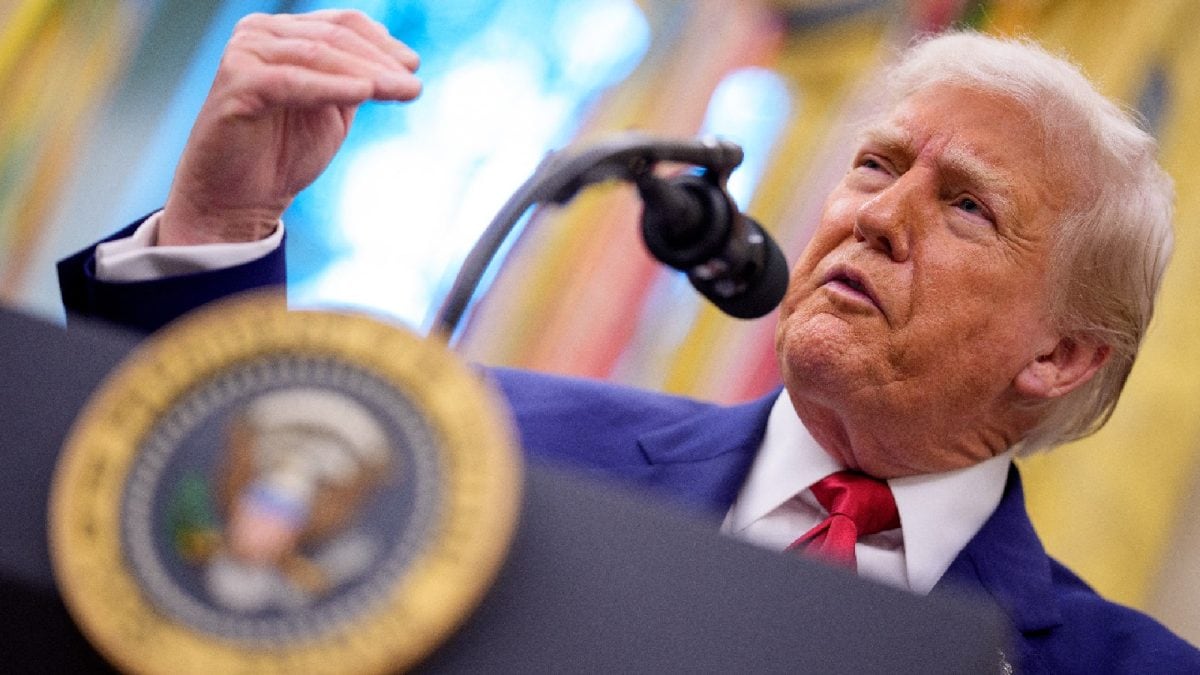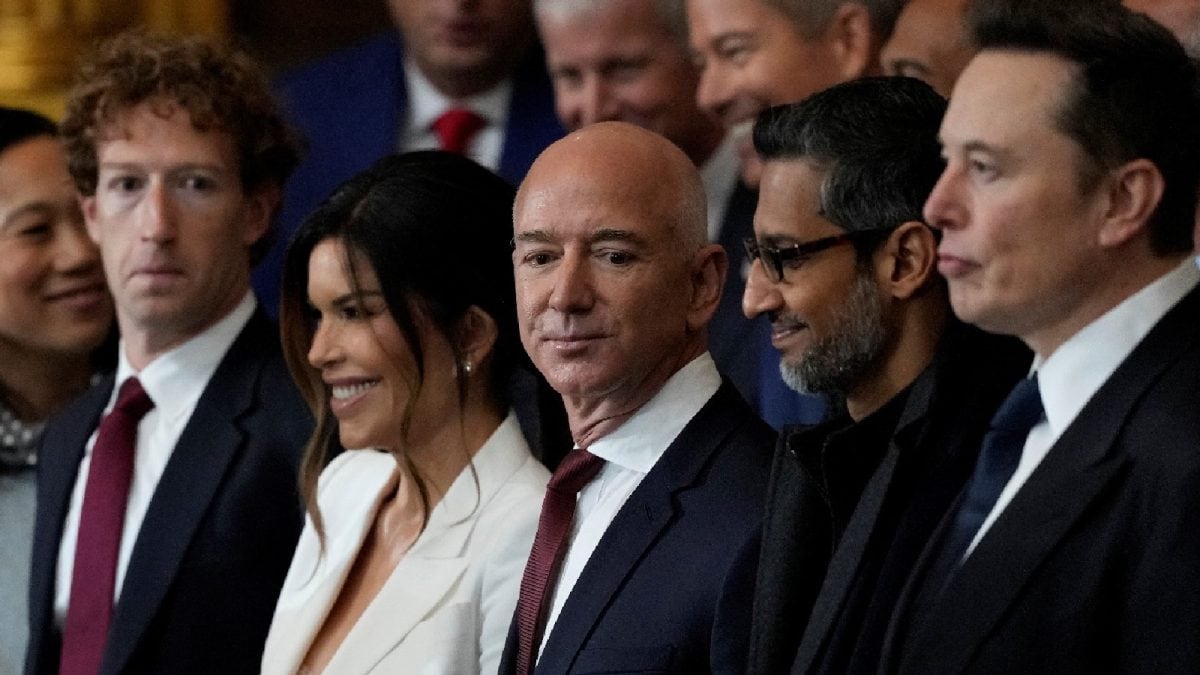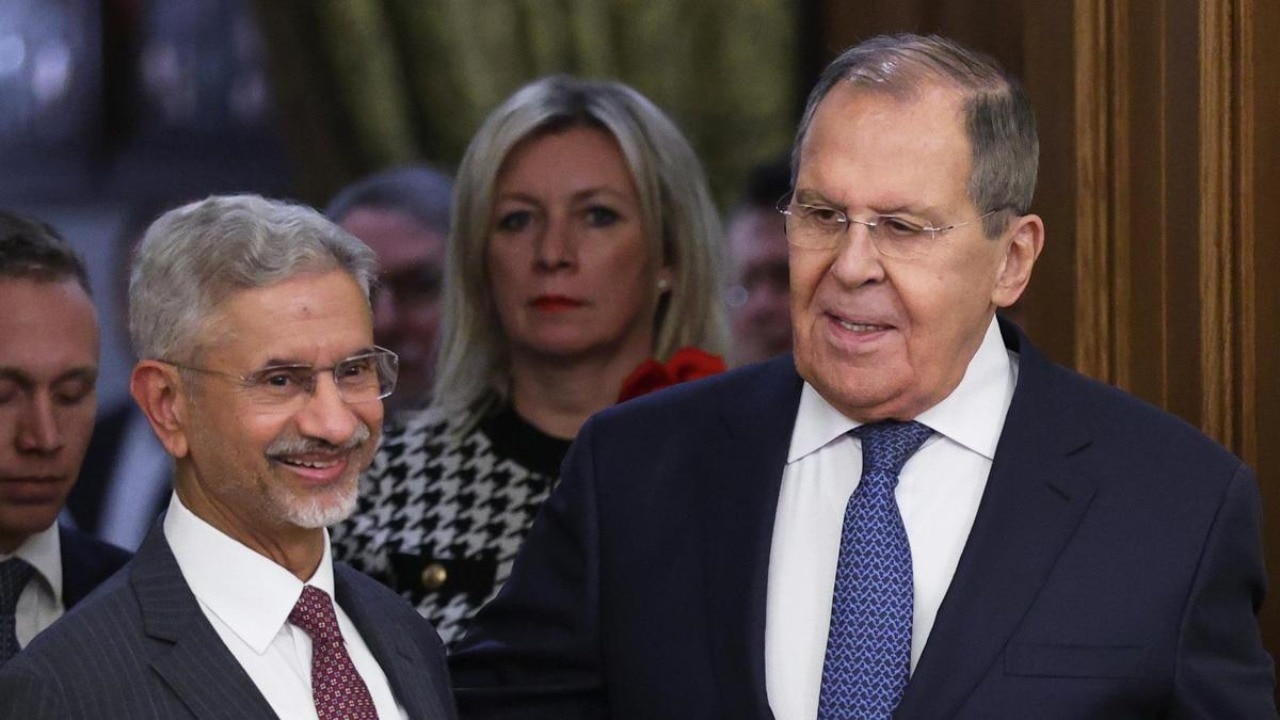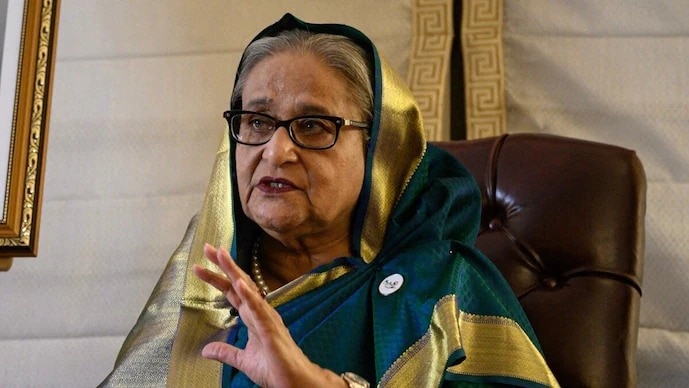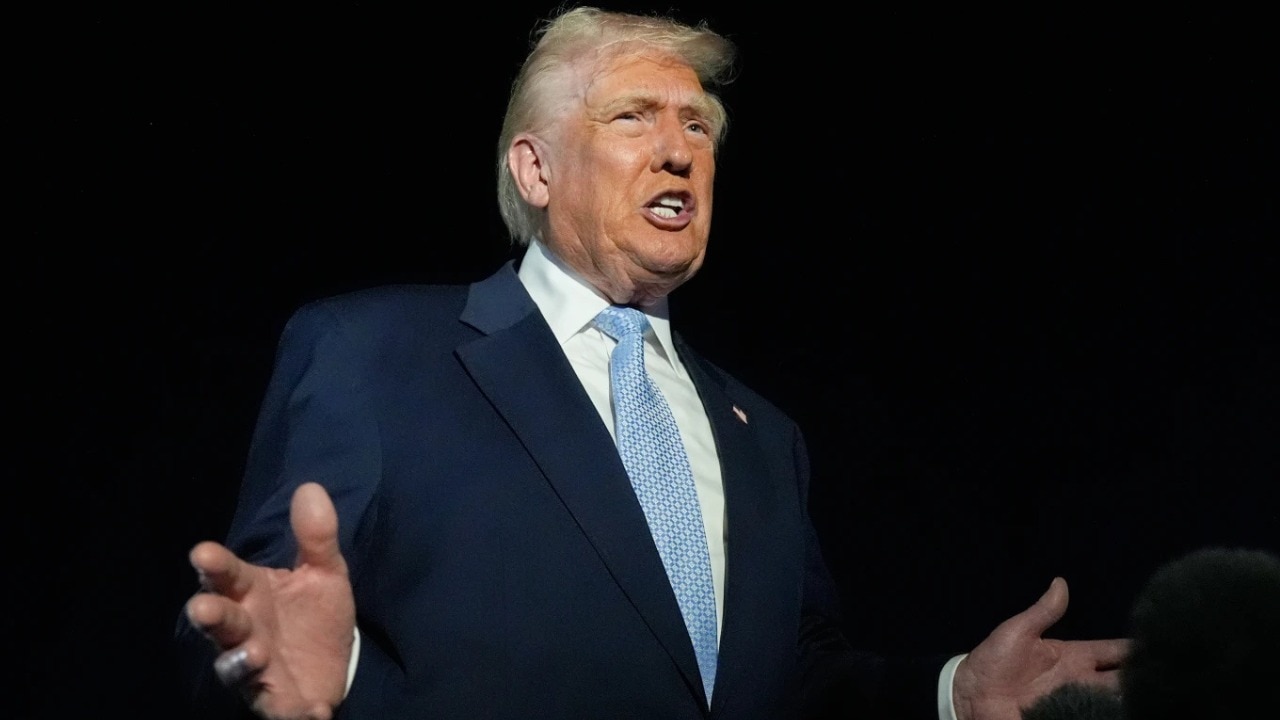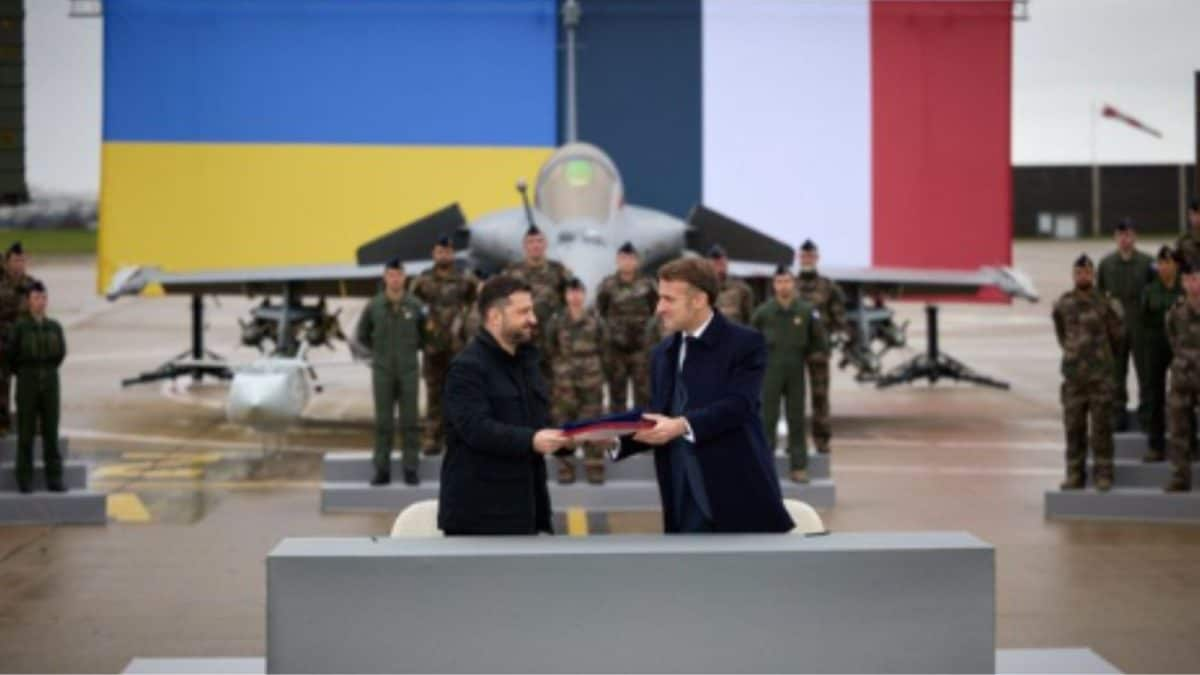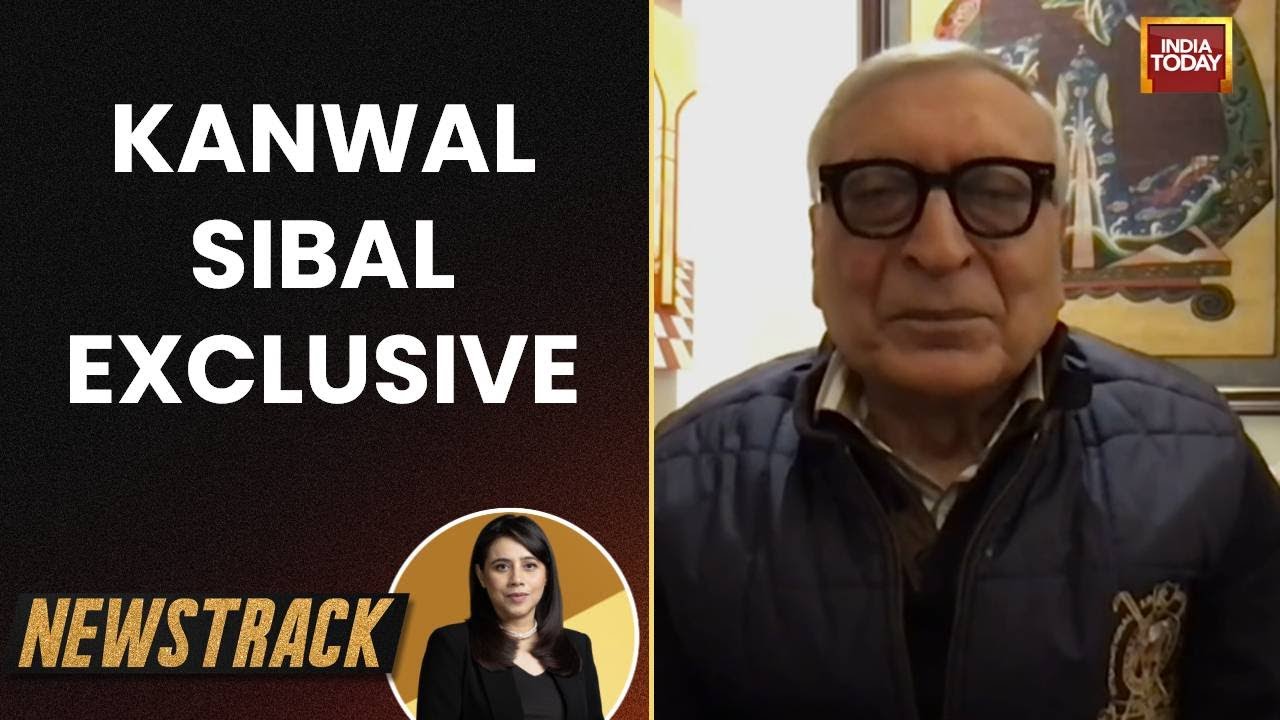The Venezuelan opposition politician María Corina Machado has won the Nobel peace prize for her dogged struggle to rescue the South American country from its fate as “a brutal, authoritarian state”.
Machado, 58, a conservative often described as Venezuela’s Iron Lady, has spent the last year living in hiding after her political movement was widely believed to have beaten the country’s president, Nicolás Maduro, in the July 2024 presidential election.
Maduro refused to accept he had lost to Machado’s ally the former diplomat Edmundo González and launched a ferocious political crackdown that forced González into exile and Machado to go underground.
In one of her last public appearances in Caracas, Machado said she was convinced Maduro’s days in power were numbered after his apparently stinging defeat. “I would say his departure is irreversible,” she told the Guardian.
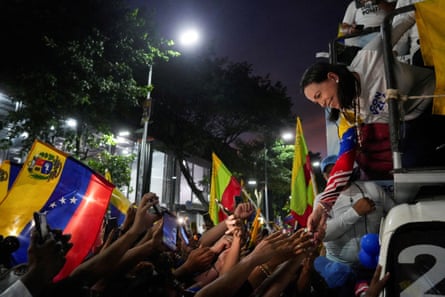
More than a year later Maduro remains in power and, crucially, has retained the support of Venezuela’s military and key international backers such as China and Russia. Donald Trump has ordered a major naval buildup off Venezuela’s Caribbean coast in recent weeks which some suspect could be a prelude to some kind of regime change operation.
Machado reacted to her Nobel prize in a video that González posted on social media in which the pair celebrate the news. “I can’t believe it! My God!” an incredulous Machado tells her ally. “It’s fucking incredible!” replies González.
The Norwegian Nobel Institute shared a video of the moment its director, Kristian Berg Harpviken, woke Machado up with the news. “Oh my God!” she said. “I have no words … But I hope you understand that … I am just one person, I certainly don’t deserve this.”
“It caught her totally by surprise,” said Pedro Mario Burelli, an opposition politician and friend of more than four decades. “She’s very moved. She’s very concerned about what impact this has on the last phase of the struggle. She’s tearful,” he added, shortly after speaking with Machado on Friday morning.
Writing on X, Machado said the prize was “an impetus to conclude our task: to conquer freedom”. “We are on the threshold of victory and today more than ever we count on President Trump, the people of the United States, the peoples of Latin America, and the democratic nations of the world as our main allies to achieve freedom and democracy.”
The Nobel committee celebrated Machado’s long struggle for democracy in a statement that called her “one of the most extraordinary examples of civilian courage in Latin America in recent times”.
It also paid tribute to the Venezuelan opposition’s “innovative and brave, peaceful and democratic” push for change during last year’s election, when hundreds of thousands of volunteers mobilised to observe the election and collect detailed tallies showing that González had won.
“But the regime refused to accept the election result, and clung to power,” the committee said, painting a dire picture of life in Venezuela, which has gradually sunk into dictatorship since Maduro was democratically elected in 2013 after the death of his mentor, Hugo Chávez.
“Venezuela has evolved from a relatively democratic and prosperous country to a brutal, authoritarian state that is now suffering a humanitarian and economic crisis,” the committee said.
“Most Venezuelans live in deep poverty, even as the few at the top enrich themselves. The violent machinery of the state is directed against the country’s own citizens. Nearly 8 million people have left the country. The opposition has been systematically suppressed by means of election rigging, legal prosecution and imprisonment.”
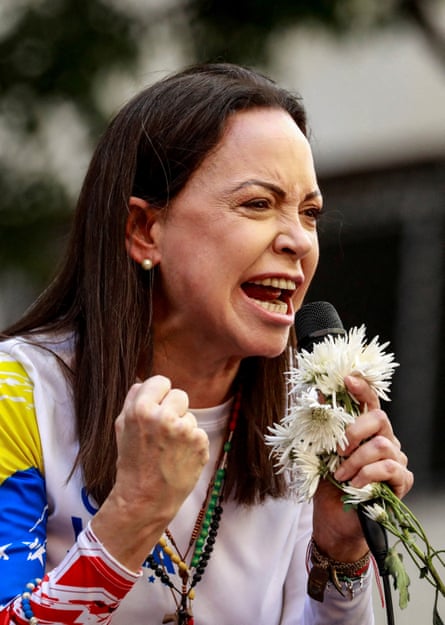
Machado, who many Venezuelans know simply as MCM or María Corina, has been involved in politics for more than two decades and was a member of Venezuela’s national assembly from 2011 to 2014. She famously clashed with Chávez over Venezuela’s economic tribulations in 2012, earning the rebuke: “Eagles don’t hunt flies.”
But it was in touring the economically devastated country by car and motorbike in the lead-up to the 2024 election that she cemented her reputation as Chavismo’s most effective and influential adversary.
Her rallies drew huge, ecstatic crowds, with many supporters declaring an almost religious devotion to the charismatic Catholic politician who promised to reunite millions of Venezuelan families separated by the mass migration triggered by Venezuela’s economic meltdown under Maduro.
“She connected with people on the one issue that matters to people – which is family,” said Burelli, noting how Machado’s relatives had also been forced to flee abroad. “Everybody understands that she is in the same boat.”
Machado had originally hoped to run for president, but Venezuela’s pro-regime supreme court banned her from doing so, leaving González, a little-known former ambassador, to fill her shoes.
“She will go down in history as the great opposition leader of our times … whether she makes it to the presidency or not,” said Carlos Lizarralde, the author of Venezuela’s Collapse: The Long Story of How Things Fell Apart.
The committee commended Machado as a “brave and committed champion of peace” who had kept “the flame of democracy burning during a growing darkness”. It also celebrated her as “a key, unifying figure in a political opposition that was once deeply divided”. For all her popular support, however, Machado is not universally liked.
Some Venezuelans distrust her as a result of thinly veiled calls for a foreign military intervention to unseat Maduro in the past. She argued in 2019 that only a “a real, credible severe and imminent threat” of the use of international force would convince Maduro to leave power.
David Smilde, a Tulane University Venezuela specialist, said: “María Corina Machado has shown incredible courage in fighting for democracy. In 2023-24 she heroically mobilised the Venezuelan population for presidential elections. However, much of her fight before then and since then has been through non-democratic means, seeking to generate international military intervention.”
Others are suspicious of her ties to radical rightwing politicians such as Trump and Brazil’s former president Jair Bolsonaro.
Maduro and his allies mockingly refer to Machado as “La Sayona” [“the sackcloth woman”] – the name of a hideous female ghost from Venezuelan folklore who roams the country taking violent revenge on unfaithful husbands.
Christopher Sabatini, a senior research fellow on Latin America at Chatham House, said Maduro would be furious at the Nobel committee’s decision. “The question is, what now? Will it prompt public demonstrations in favour of María Corina Machado that [heap] some sort of public pressure on the government? Perhaps,” he said.
“I think they would be hard pressed to crack down with the international community [watching], but they did it in July 2024.”
Burelli said he believed the award would shield his friend from possible arrest or persecution as she continued her fight for change. “This now truly protects her,” he said, arguing that the cost of targeting her would be “unbearable” for Maduro’s regime. “Now, I think she is bulletproof.”

 1 month ago
1 month ago
